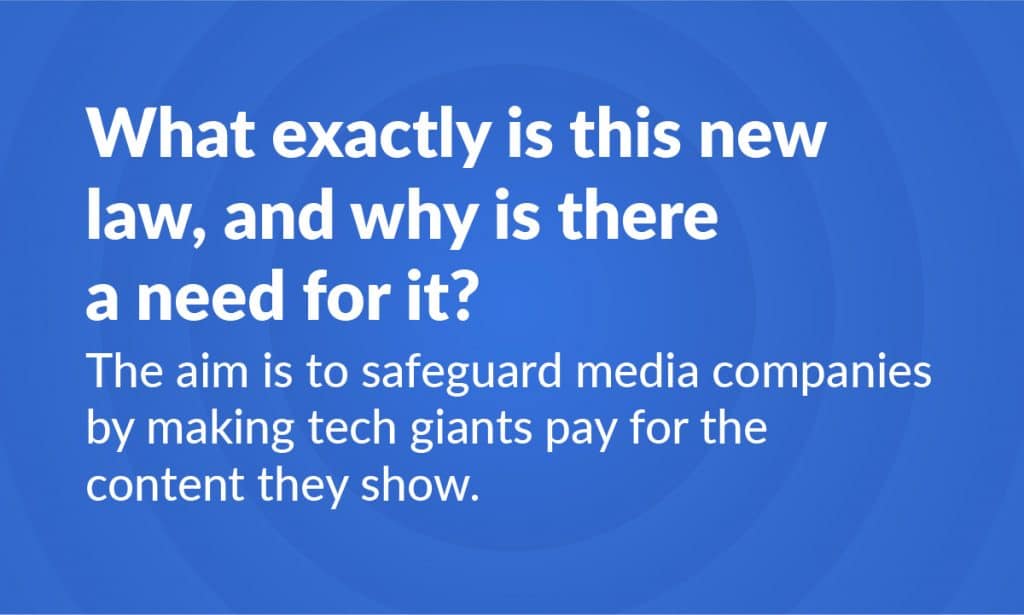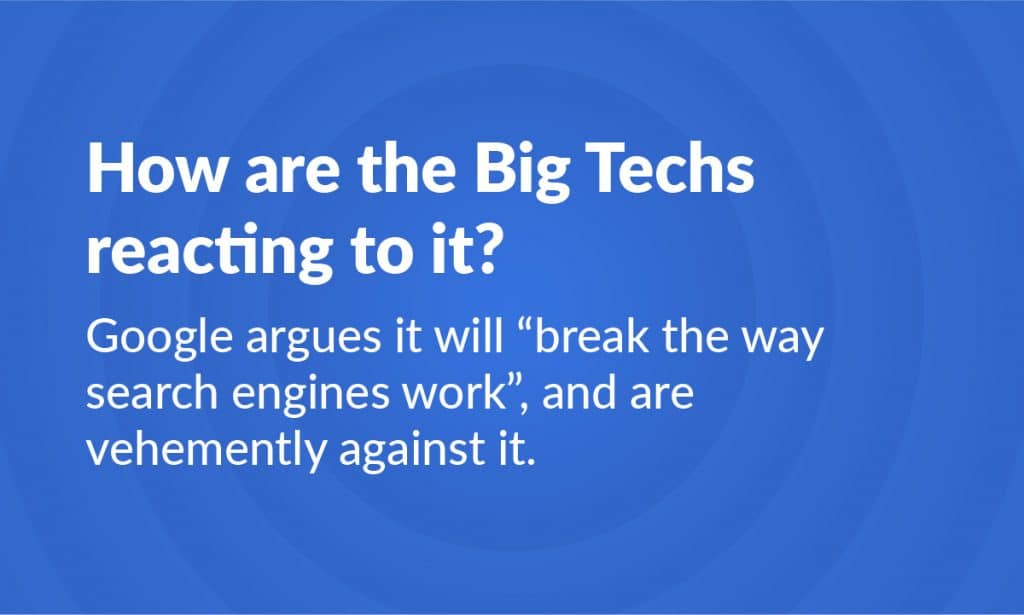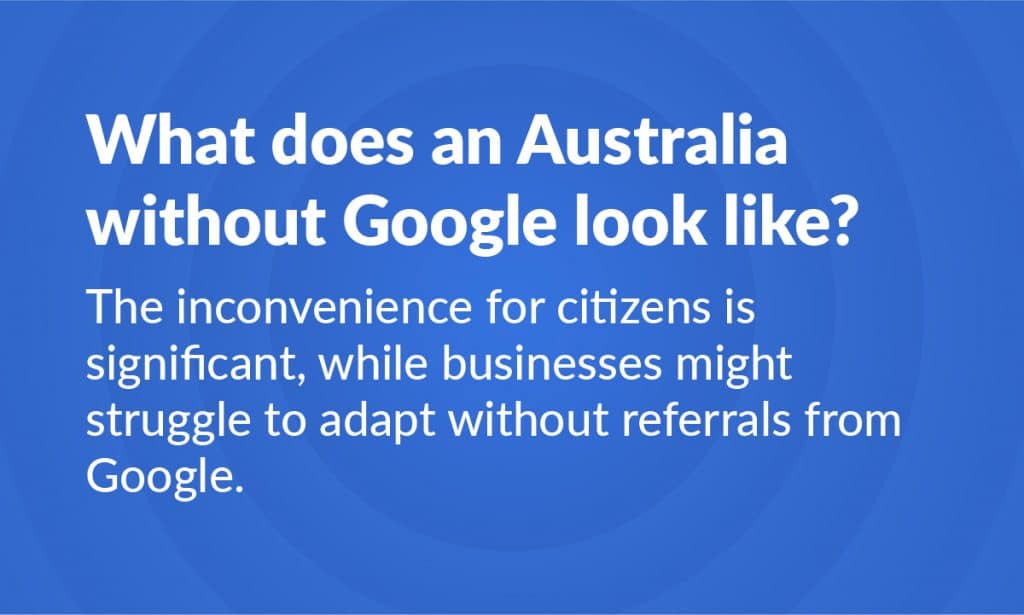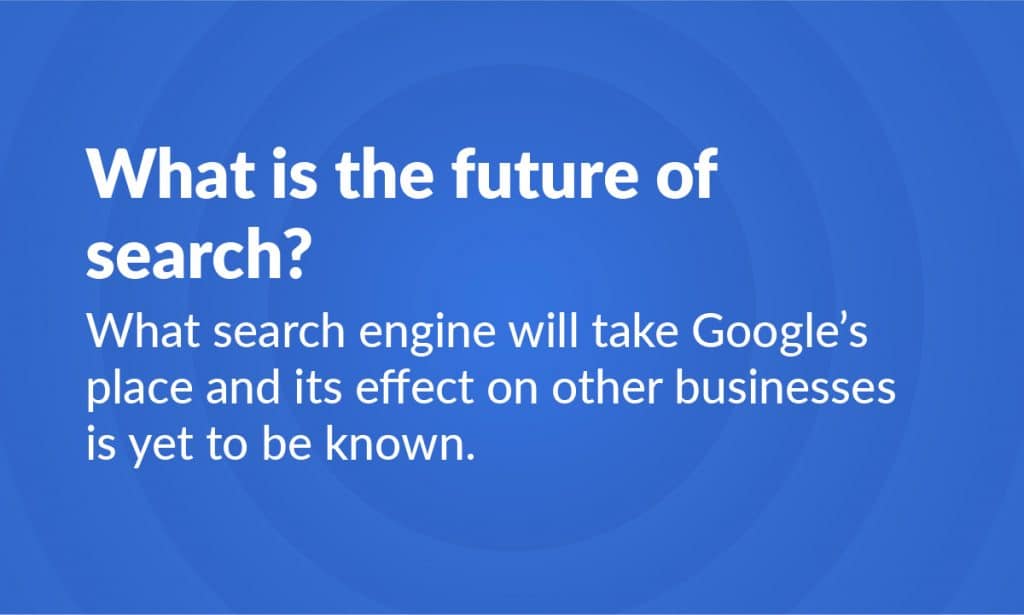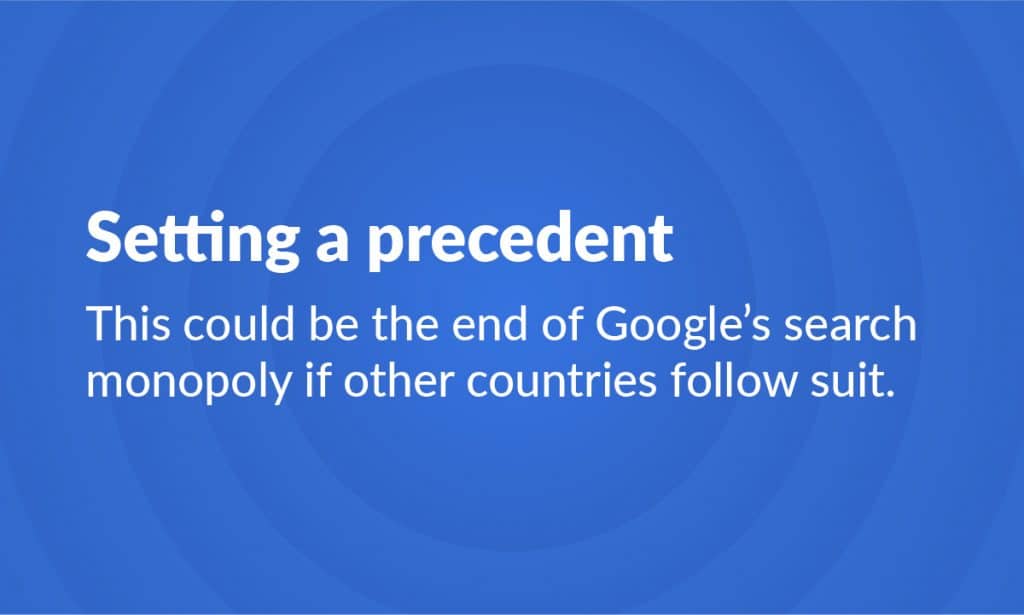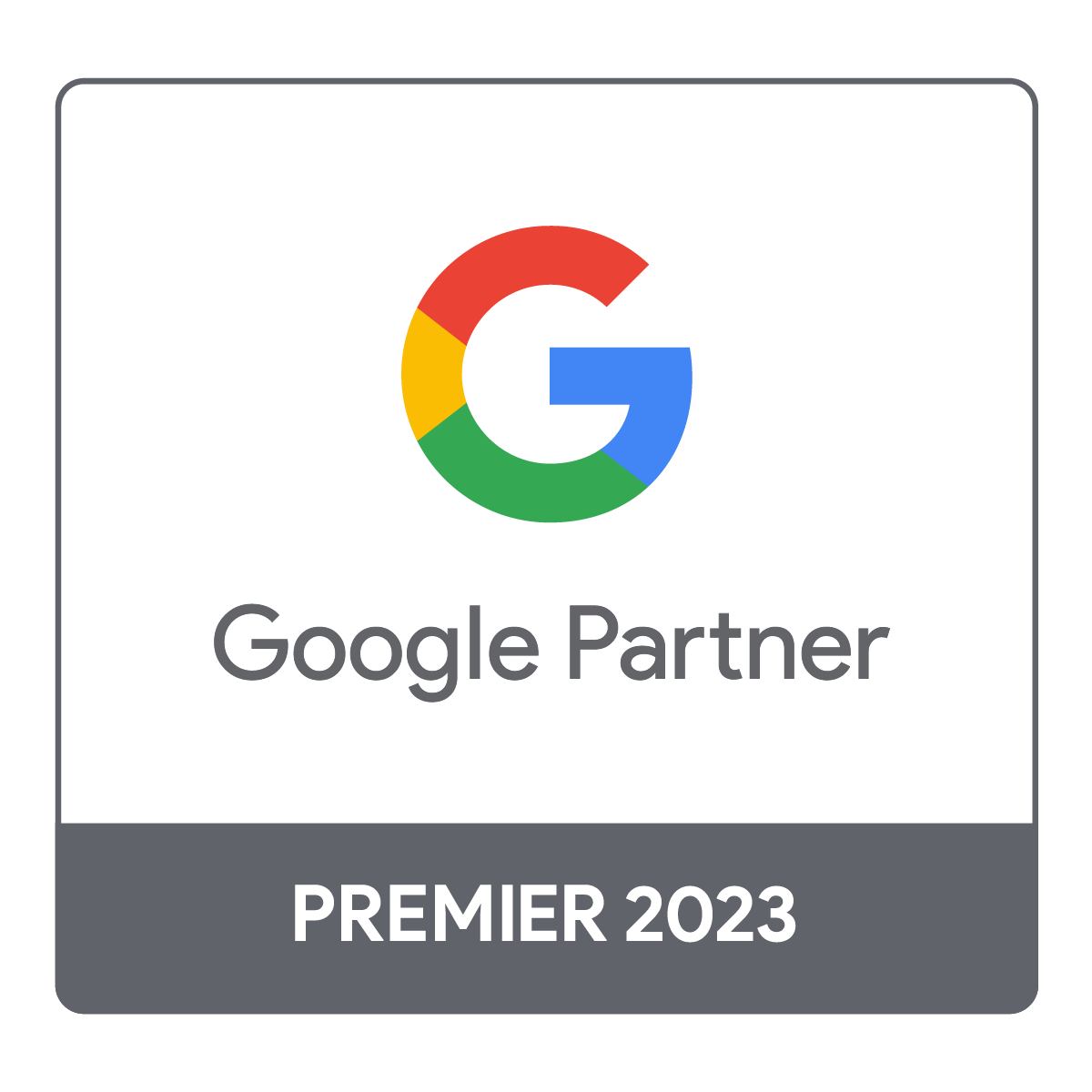Many clients have little or no sense of what “Pay Per Click” (PPC) stands for. Most clients think it’s a byline for a new ATM ad. Granted, paying a company each time your ad gets a hit can be irritating. But if you are out to market your products, then Google is your best bet. Furthermore, the “Pay Per Click” is the perfect approach. So what are the top PPC ideas that you need to know?
At the outset, PPC is fair and emphasizes quality over quantity; it’s quite effective in ensuring that your content gets more clicks as long as you maintain rigorous quality standards. In simple terms, no one would spend minutes or hours looking up lousy content, right?
You must pick out the right marketing company to help design an effective marketing campaign. And to that end, with the right company, you should be able to develop the schematics for your ad campaign. As such your ad campaign can have a larger impact. Here’s what you need to understand about PPC marketing. We’ll give you some top PPC ideas to get you started.
Table of contents
- So what are the top PPC ideas?
- Is there a light at the end of the tunnel when it comes to PPC?
- Final thoughts with our top PPC ideas!
So what are the top PPC ideas?
Most buyers often spend money on PPC marketing without knowing how it works. They may also not know the real cost when it comes to PPC marketing. That’s a mistake. Assess your position before opting for PPC marketing. Next, determine your marketing budget, competition, and audience.
Of course, you must understand the process of how a click can help transform into a prospective client relationship and money. And that’s why your marketing research needs to be thorough. Especially if you hope to receive hundreds of clicks per day. You would need to work out whether the budget was worth it to receive those clicks.
When it comes to PPC marketing, figuring out the right budget can be irksome. Of course, you need to spend money to make money. However, the catch is to spend it on what’s essential and right. Of course, if you lack the cash, you can always opt for SEO and focus on organic traffic.
Should streamline your bid?
Yes of course! If you have the funds you need to streamline your bid. The bid is essentially the amount you are willing to pay Google each time someone clicks on your ad. Naturally, the chances of a customer clicking on your ad will increase exponentially with the size of your bid. The larger the bid, the greater the chances of your ad appearing on the front page. That’s how Google ads work, in a nutshell.
That’s why you need to increase your bid amount for your ad. If you bid high enough the ad gets displayed front and center. We all want our ads to get a favorable position on the search results. If you want to be in the top three each time, you need to keep increasing your bid amount. The ad of the highest bidder gets the top billing. Naturally, this will result in more clicks from prospective clients.
How important is my Content for PPC?
Content is crucial for PPC quality. It is one of the top PPC ideas to have! Before you go ahead and park your money on PPC ads, make sure that your ad converts well. There’s no point in throwing good money after ads that do not convert well, is there? And that’s where content marketing comes into sharp focus.
Most competitors utilize quality content for marketing and branding their products online. And to that extent, you can do the same. In addition, with great content, you can even get Google to rank your pages better. With good quality content, one that’s researched well, Google is bound to rank you better. Simply put, better content should increase your quality score, resulting in your ads getting the top position in Google ads.
And of course, if you lack the funds, you can always set your bid amount low and instead focus your extra cash on securing great content for your website. By funneling your cash into good-quality content, you should be able to increase your SEO score. And, of course, it should also result in Google ranking your website and pages higher. And this is why good quality content matters, as far as PPC marketing is concerned.
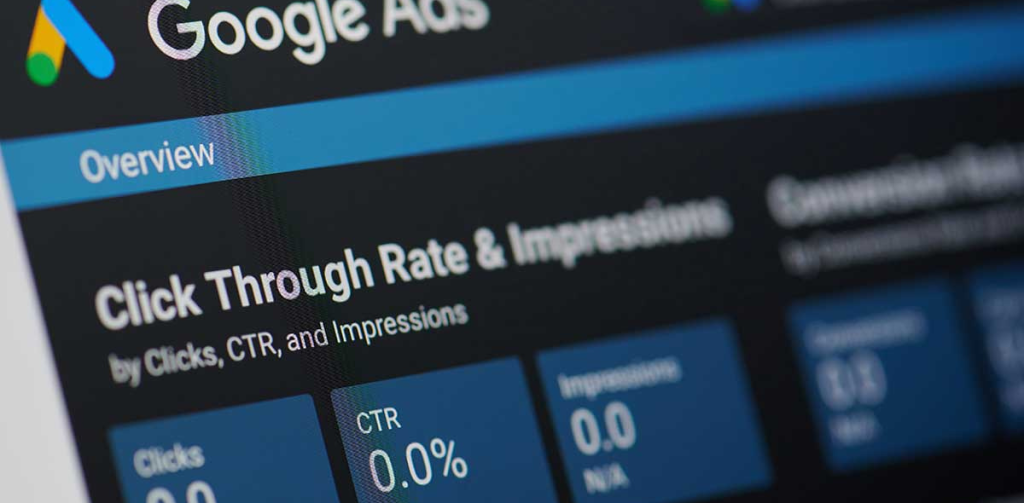
How well should you know your competition for PPC?
When it comes to PPC marketing, you will find that some of the top-performing companies have a higher CPC amount. The CPC is the cost per click, where you would essentially be paying Google money per click. With high competition, you need to make sure you have the budget to outpace your competition. In addition, you will need quality content to go with your web pages. A successful PPC marketing campaign maximizes your profit while trimming down your expenses.
The best companies can naturally afford an advanced PPC campaign. When a prospective customer clicks on their ad, nine times out of ten, it leads to a sale or a business engagement. And if your PPC does not result in the same, you will end up hemorrhaging cash.
If you lack the funds for a well-developed PPC campaign, you’ve got to offer the next best thing. But first, you need to make sure you have great content on your web pages. This is one of those top PPC ideas that you need to remember.
Next, present giveaways and offers which may interest your customers. Offer deals, video op-eds, workshops, and quality blog posts, while establishing yourself as an authority. And this should help you net more than a few customers. They will, in turn, will help pay for a more nuanced PPC campaign.
How well should you know your audience’s search habits?
Most business owners often fail to realize that a good PPC campaign starts. One must really know their audience’s search habits. You need to understand your audience and what they are looking for. You need to understand that a good campaign often has something as simple as a search query driving it.
And with Google Ad Services, you can choose which search queries to target, specifically which search phrases. You can also set the parameters to filter out the search queries you want your company’s ad to be associated with. Similarly, you can also set the parameters for your ad to link to the queries you want to be associated with and also avoid those you don’t.
All of these should result in viable leads. This is when a simple click on your Google ad happens. It would result in either an outright sale or engagement of services. You can also set the time your ads will appear. If the times are customer-relevant, it should increase the likelihood of your customers reviewing your ad before clicking the same.
Moreover, setting the time your ads appear ensures that your clickthroughs get better results. In the end, it should help increase your conversion rate and boost your profit margin. Detailing your ads to appear when your clients are online or at certain times, will limit excessive “no-show” clicks. This way, you should be able to maximize the impact of your ads and gain better results.
Which PPC ad type should you choose?
Most people assume that Google Ads come in only one type. That’s a rookie mistake: Google Ads come in five different forms, as described below.
1. Search ads
These ads are simple text ads generated in response to search queries.
2. Display ads
These are generally graphic and often take up residence on third-party websites.
3. Social media ads
4. Remarketing
Designing an ad to re-engage with an audience, especially after filling out a form or clicking on a link.
5. Google shopping
These search and display ads are just what you need to increase your leads and, in turn, your conversion rate.
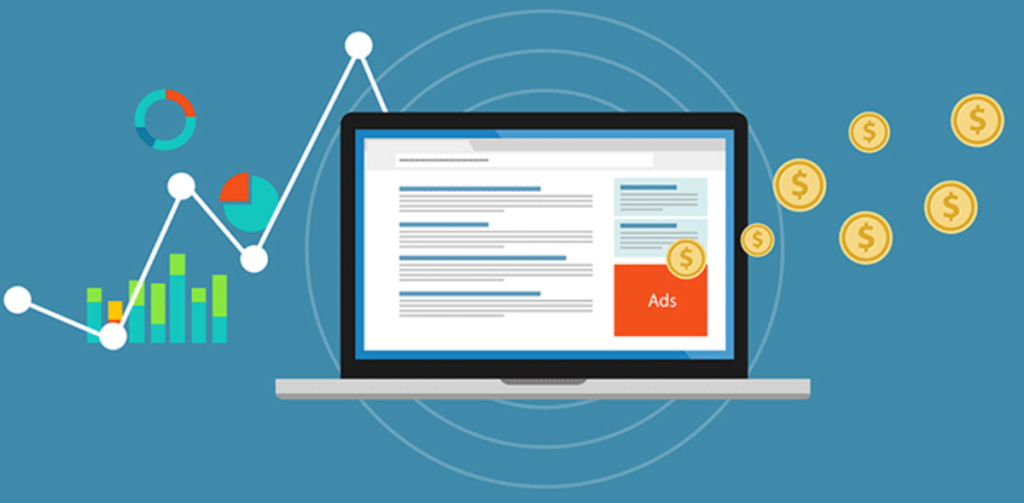
Link to the right content
When customers click on a link on your content, you would want them to head over to the main page, right? Nope, that move is so old. Right now, it’s all about getting the customers to the right page.
While the old method often lets your customer do the heavy-lifting by discovering what your website and brand are all about, the new option is better, as it is more effective. You can direct your customers to head over to the right page, be it a blog post, videos, contact us page, etc.
Rather than have all your customers land on a static web page, you are directing them to thematically designed pages, which are visually more engaging. And such pages should enable your customers to learn all about your brand, finesse your marketing, and help boost your conversion rate.
Can the PPC countdown timer help?
One of the awesome top PPC ideas is this! It can help you land more conversions. Having a countdown timer in your ad can lead to more prospects clicking on the link right away.
For example, say that you publish a Google ad regarding an urgent sale for a laptop. And you include a countdown timer, where the laptop is being sold at a massive discount only for the next two days. And this should result in more prospects clicking on the link with a higher conversion rate.
As you can see, you can use these timers for new products, re-launching old ones, special deals, giveaways, grand openings, and even content marketing.
What are price extensions in PPC?
One of the advantages of listing out the price of your product right away is the fact that it makes a customer feel that they can trust you. It is one of those top PPC ideas! Price extensions are valuable for trust. It’s a handy marketing tool where you can list the product and its price tag.
And it should enable you to impress your customers that you are transparent, honest, and reliable. Moreover, your customers would not have to spend much time online, searching for the best rate by comparison shopping. Instead, you would be listing the price along with your ad in the form of handy price extensions.
Is there a light at the end of the tunnel when it comes to PPC?
Granted, PPC marketing is not everyone’s cup of coffee. If you feel that you can handle it yourself, that’s fine. Are unsure about the details discussed above? If so, it may be a great time to approach a reputable digital marketing agency. We would be happy to help you out.
Apart from helping you with PPC marketing, First Page Digital can even audit your website and determine what tweaks can improve results. Additionally, you need to check out these fantastic Google Ad tips.
Final thoughts with our top PPC ideas!
There are so many top PPC ideas to remember, right? When it comes to PPC marketing, hard work and research are required. You need to analyze your customer’s requirements and design an ad that markets your product to the right niche. Then, you can utilize various Google extensions and your ad to increase your transparency.
Are you a busy business owner? You may need to focus your attention on things other than marketing. If so, you can always count on one of the top professional marketers, like First Page Digital, to help out. PPC marketing is what we specialize in. You can utilize this to increase the reach of your ads, generate more leads and help increase your conversion rate.
Remember that an effective PPC campaign is not all about money; it has more to do with the quality. Be it the design of your shopping ad or the content on your website. Once you have started with the PPC campaign, you can monitor your ranking and find out how your ads are doing daily. That should clue you into how effective PPC marketing, combined with quality content, can be in the long run!




